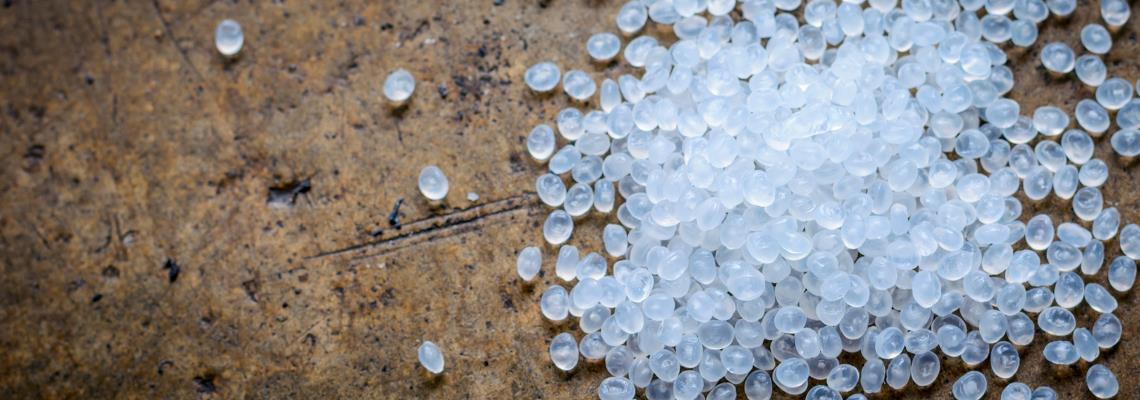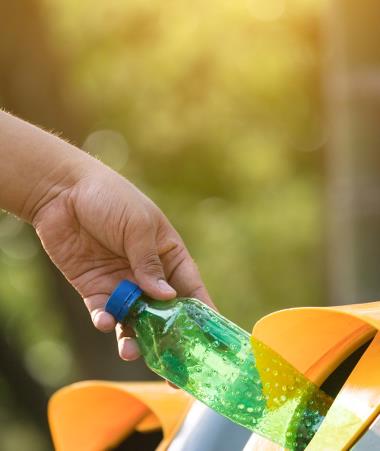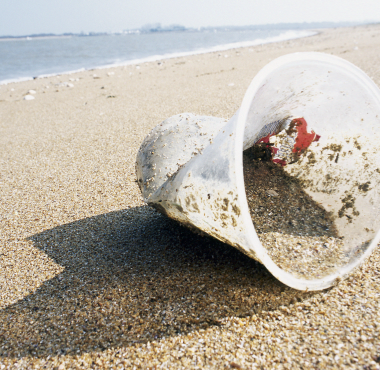All about plastic
Each type of plastic in the plastics family has a number of unique properties; each can be used to meet the needs of thousands upon thousands of different products.
Explore the differences and advantages to different types of plastic and alternative materials, and find out what to be aware of when working with plastic or participating in the plastic debate.
Plastic is not just plastic
Plastic can be found everywhere we look. It is vital for securing hygiene in health care settings and for securing food safety. It is found in products and machines across industries worldwide, including water pipes, wind turbines and house insulation.
Plastic is the collective name for a large group of materials based on polymers. Plastic is made from a variety of materials, mainly fossil resources, including crude oil, natural gas, salt, coal and cellulose.
Depending on the composition and type of plastic, plastic has different properties, advantages and disadvantages, especially when it comes to sorting and recycling.
The new EU Single-Use Plastic Strategy is soon entering - are you ready?
To make it easy for you to understand what is going to be subjected by the new rules and how this might affect you and your business strategy, we have collected all our knowledge at one place.
Learn more about the EU Plastic Strategy here.
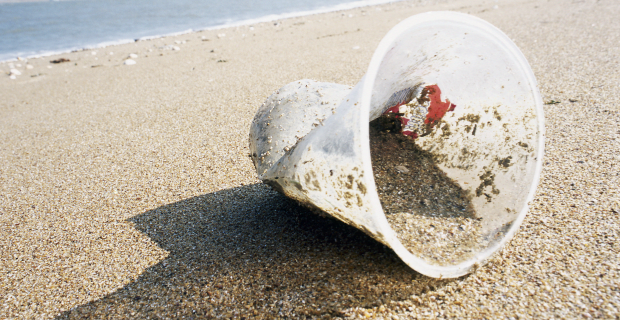
Read about disposal of plastic - sorting and recycling
Disposal of plastic has been a hot topic in recent years, and with good reason, as incorrect sorting and disposal of plastic can have major negative impact on the environment
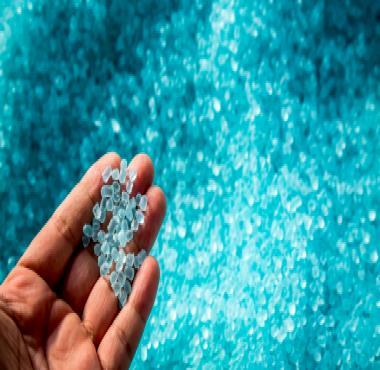
Read our guide to types of plastic and their properties
There are many different types of plastic, each with unique properties
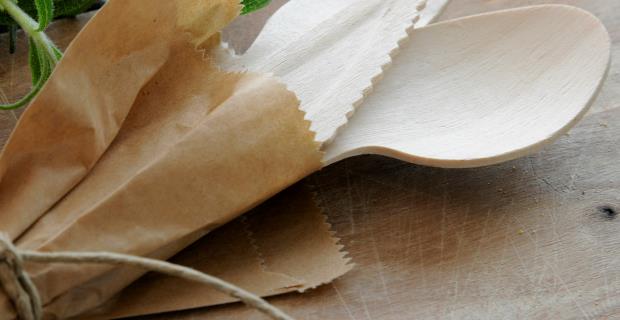
Read our guide to alternative materials
With a booming demand in alternatives to plastics due to new innovations and changes in standards and strategies, many customers are beginning to convert their ordinary plastics into other alternatives. But which options do you have, when it comes to alternatives to plastic?
Types of Plastic| Fossil-based vs bio-based
When it comes to different types of plastic materials, we often speak of fossil-based or bio-based plastic
Fossil based plastics are made from limited resources such as crude oil, petroleum or natural gas.
Bio-based plastics are made in part from renewable biological resources, such as sugar cane, cellulose or starch.
Biodegradable plastics have the ability to decompose under specified conditions. Biodegradable plastics need to be composted in industrial composting faciltiies before they can biodegrade.
Read more about properties of different types of plastic
A sustainable choice
All materials consume resources and have an impact on the environment. When it comes to plastic products, many are looking for alternative products to fulfill their needs.
A common misconception is that bio-based plastic is always the more sustainable choice, perhaps because the name suggests that the material is more eco-friendly than fossil-based plastics. This is not always the case.
In order to make a sustainable choice, more factors should be taken into consideration, including life cycle assessment and patterns of use. Transportation, distribution, production process, sorting and recycling are all factors to consider.
How to choose and use
How do I choose the right material or product for my needs? The answer is always “it depends” – on your needs, your local access to sorting, recycling and general waste management, and where you are willing to compromise.
Here are a few aspects to consider:
Shelf life and purpose – Depending on your production process and needs, different materials may be right for you. Are you serving food that needs to be served and eaten immediately, or does it need to be transported? Are you wrapping food for freezing or for a commercial kitchen?
Sorting – Does your region or municipality sort plastic and compost waste? If you do not have access to commercial composting, products such as PLA may not be the choice for you.
Legislation – What is your local legislation? Be prepared for future and upcoming directives and legislation that may impact your purchasing choices.
Local disposal of plastic – Will your plastic end up in in the incinerator or in the landfill? How good is your local region or municipality at sorting and recycling? These are questions to consider before committing to a material - if a sustainable profile is important to you.
With all this talk of plastic, many are turning to alternative materials. But what are some of the options when it comes to alternative materials?

